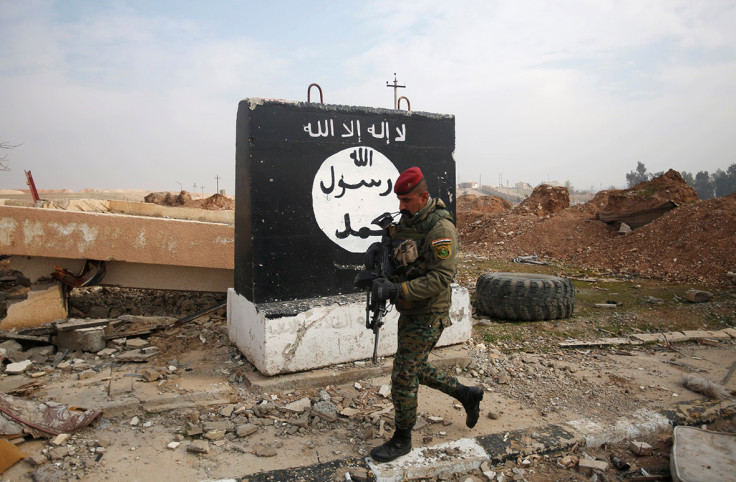World Bank tells Iraq financial rescue plan must focus on reconciliation
Iraq's economy has been ravaged by the cost of fighting Islamic State and by low oil prices.

The World Bank has reiterated its intention to provide financial aid for Iraq, but stressed the economic help must go together with projects to foster reconciliation among the country's different ethnic groups.
In December 2016, the bank sanctioned a new loan of $1.48bn (£1.2bn), bringing its total support to the nation to nearly $3.4bn, to help Iraq front the cost of the war on Islamic State and to ease the burden on an economy already ravaged by low oil prices.
Iraq relies almost exclusively on crude exports and its economy has been under immense pressure, since the price of oil collapsed in January last year.
Ferid Belhaj, the World Bank director for the Middle East, said the organisation will also "bring people who have had experience in rebuilding social ties from a number of countries around the word," to ensure Iraq's economy can get back on its feet.
"This is going to be a parallel track," he was quoted as saying by Reuters.
"We will make sure that money will flow [...] towards reconstruction and rebuilding, but at the same to make reconstruction and rebuilding sustainable, we will need to make sure the social contract is being drawn in a way that would allow for the infrastructure to remain solid."
After over two years of intense fighting, Islamic State forces have been removed from most of the places they captured in 2014, with US-backed Kurdish and Iraqi soldiers now looking to regain control of Mosul, the last major stronghold under control of the hardline Sunni group.
However, while Shi'ite, Sunni and Kurdish have joined forces on the ground to fight Isis, on the diplomatic front, politicians from each group remain distant and are no closer to bridging the division within the country.
Belhaj also urged the different factions step up their diplomatic efforts.
"The Mosul battle is keeping all these forces together," he added. "When the fight is over, we don't know what kind of pressures [...] will be in place; that's why it is very important for the Iraqis to start this exercise right now."
"We will try as much as we can to make sure that the incentives [...] for reconciliation would be more appealing than the incentives for each of these factions [...] to go it alone."
© Copyright IBTimes 2025. All rights reserved.






















